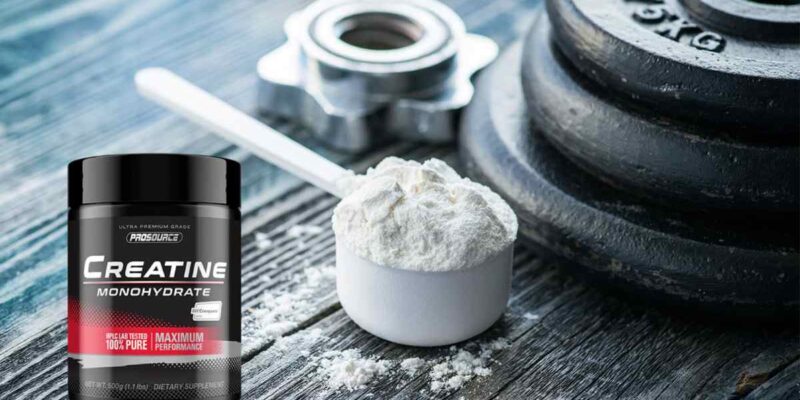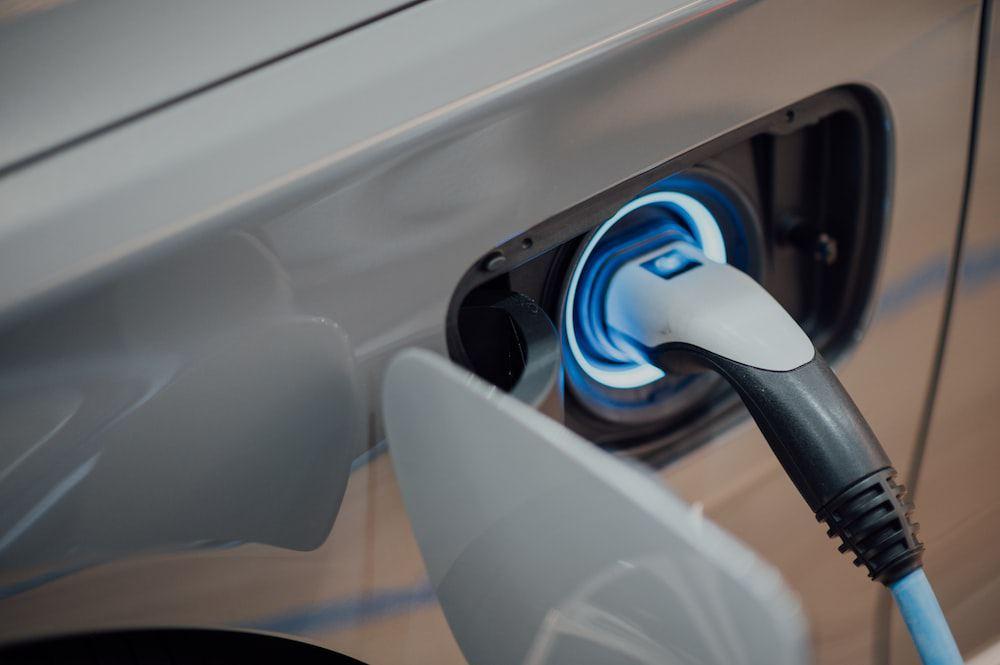Creatine, a popular supplement among athletes and fitness enthusiasts, has gained widespread recognition for its potential to boost physical performance and muscle growth. However, one common question that often arises is, “why is creatine so expensive?”
In this detailed article, we will delve into the factors driving the cost of creatine supplements and explore the value they provide to individuals seeking to enhance their athletic performance and muscle development.
Why Is Creatine So Expensive?
Creatine’s popularity has led to an increased demand for the supplement, but several factors contribute to its higher price point. Let’s explore these reasons in detail:
1. Research and Development Costs
The process of developing a safe and effective creatine supplement involves extensive research and clinical trials. These costs are reflected in the final product’s price, as companies invest in ensuring the quality and efficacy of their offerings.
2. Purity and Quality Standards
High-quality creatine supplements undergo rigorous testing to ensure they meet industry purity standards. Maintaining these standards requires additional investments in production and quality control, adding to the overall cost.
3. Sourcing and Production
The sourcing of creatine plays a crucial role in determining its cost. Manufacturers may opt for premium-grade raw materials, which can be more expensive. Additionally, the production process itself demands careful handling, further impacting the pricing.
4. Brand Reputation
Reputable brands often charge a premium for their products due to the trust and assurance they instill in consumers. Their long-standing presence in the market and positive user experiences contribute to the perception of higher value.
5. Marketing and Distribution
The marketing and distribution efforts involved in promoting creatine supplements also factor into the price. Extensive advertising campaigns and widespread availability across various retail channels add to the overall expenses.
The Value of Creatine Supplements
Despite the higher cost, creatine supplements offer significant value to individuals seeking enhanced athletic performance and muscle growth. Let’s explore the benefits that make it a worthwhile investment:
Increased Muscle Strength
Creatine has been extensively studied for its ability to enhance muscle strength, making it particularly valuable for athletes engaged in strength training and high-intensity activities.
Enhanced Exercise Performance
By increasing the body’s phosphocreatine stores, creatine provides a readily available energy source during short bursts of intense physical activity, leading to improved exercise performance.
Muscle Growth and Hypertrophy
Creatine supplementation has been associated with increased muscle mass and hypertrophy, making it a popular choice for bodybuilders and those aiming to gain muscle.
Improved High-Intensity Exercise Recovery
Due to its role in replenishing adenosine triphosphate (ATP) levels, creatine aids in faster recovery between high-intensity workouts.
Cognitive Benefits
Recent research suggests that creatine may also have cognitive benefits, such as improved memory and mental performance.
Conclusion
In conclusion, while the cost of creatine supplements may seem high, it’s essential to consider the value they provide in terms of improved athletic performance, muscle growth, and potential cognitive benefits.
Understanding the reasons behind the higher price can help individuals make informed decisions when investing in their fitness journey.
As with any supplement, it’s essential to follow recommended dosages and consult a healthcare professional if needed.
Remember, quality matters when it comes to choosing creatine supplements. Opting for reputable brands and understanding the product’s sourcing and production process can ensure you receive the most effective and safe supplement for your fitness goals.
For more visit, Buisness Phobia.











